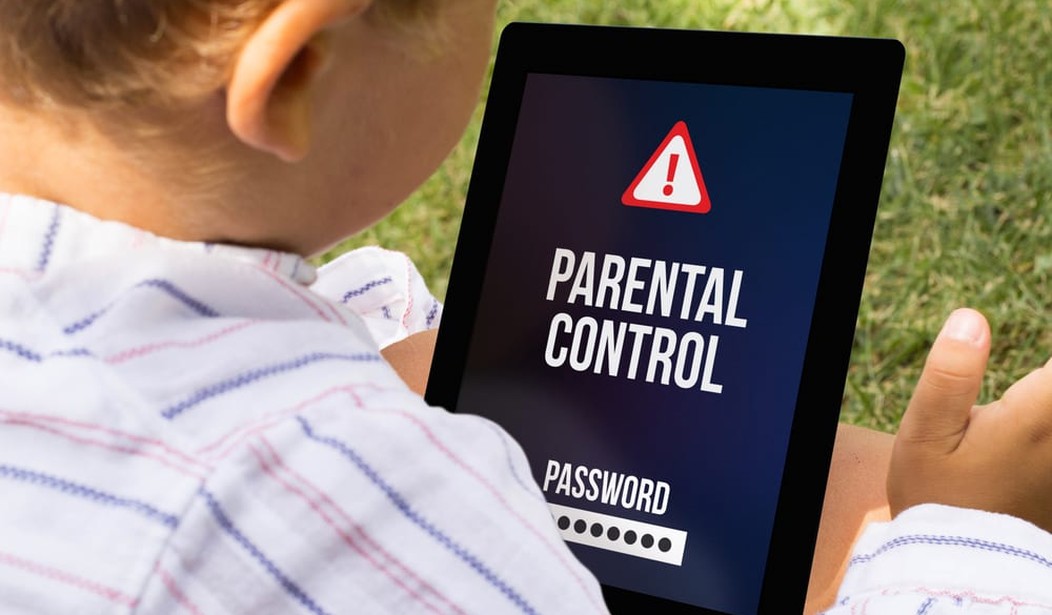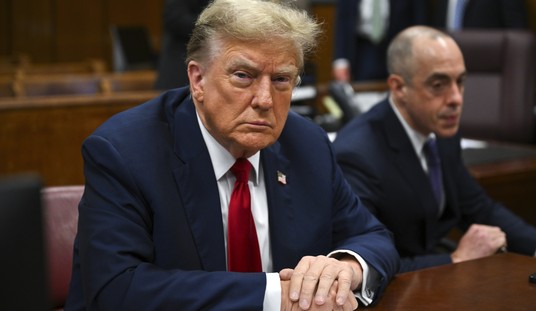The other day I was luxuriating in a few minutes of quiet time at Barnes and Noble while my husband chased after our toddling son. Not wanting to waste valuable seconds, I decided to sit with a copy of Ben Sasse’s new book at one of the tables in the kids’ section. Not too long into my browse, I heard a mother flop down on the foam block next to mine. Looking up, I saw her busily flipping through a few books, including a novelization of the new Wonder Woman movie. I resumed my reading while she mumbled to herself for a few minutes before being joined by her tweenaged daughter. That’s when I noticed they were both wearing Wonder Woman t-shirts. The whole scene was rather charming; a mother and daughter wearing matching t-shirts who probably just came from watching a movie together, enthusiastically in search of merchandise to feed a new interest. Been there, done that. The only difference between that mother and my own is that my mom never once screened my books before I read them.
We have this deranged sense of protectionism when it comes to raising children today. We don’t want them playing outside unsupervised, so after scheduled activities, we plop them in front of screens. Then we lock the screens and set timers on them so we can further protect our children from unsafe content and screen addictions they’ve probably already developed in school via their Chromebooks and iPads. You know, the ones equipped with the same locks and timers as the ones they have at home. Parents today aren’t merely expected to chart out the course of their child’s future while ensuring their safety through education and extracurriculars; we’re supposed to censor their media as well. For their own good, of course.
Any parent of a tween who thinks their child isn’t reading something she shouldn’t is a fool. You can’t lock out older siblings, absentee parents of friends, “cool” moms, “cool” teachers, or the kids who know their way around web-blocking software. Most of all, if you dare to let your child roam a bookstore on her own, you can’t guarantee what she’s going to pick up and browse. And you certainly can’t censor the conversations she’s having with friends. Stop fighting a losing battle.
That doesn’t mean, of course, that you just throw your hands in the air and say kids will be kids. A parent’s responsibility is to protect, and the best way to protect a child is to teach that child how to protect herself. This means laying a moral foundation for your children beginning at birth and teaching them how to think critically as they grow. Simply censoring their media does little more than making them dependent upon you. It also teaches them that it’s okay for an adult — any adult — to tell them what they can and can’t read, watch, or think.
The next time your child wants to buy a book, try asking why. Talk through the decision-making process. Then, when he’s done reading, have a conversation about what he’s read. Compare the values in the book with the values in your home. Even ask him to draw some logical conclusions about how the book’s values would play out in real life. Use your child’s interests to cultivate both critical thinking skills and your relationship with him, lest he winds up censoring you out of his life when he decides he has a mind of their own.








Join the conversation as a VIP Member